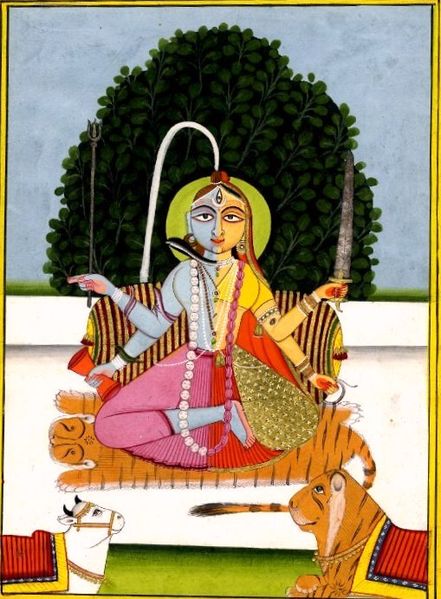On November 12, 2015 at God’s own country Kerala, a state in India, the unimaginable happened—religious honchos went furious and the conventional crowd went berserk.
The reason? For the first time ever in India, the state government of Kerala unveiled its transgender policy. The first of its kind with the sole aim to vanquish social stigma towards the sexual minority group laced with the promise of non-discriminatory treatment.
I was elated on reading about this in my newspaper. I spent a few years in Kerala for my under grad studies and have stumbled into many people from the transgender community. It ached my heart to see them beg on the streets, shoved away from using public transport and public toilets and—worst of all—being treated as second grade citizens.
In a state like Kerala which upholds itself for the highest literacy rate in India, I have often wondered what has happened to being just plain human. Has that lost its charm? Who are we to judge them for the way they are? Why aren’t we able to accept them as beautiful creations of the creator just like you and me?
I have spent many endless hours of introspection seeking answers, which led me to a very important question: What am I? Male or female? Masculine or feminine? Either of the two? Or two in one?
Gender stereotypes have been subjected to hair splitting speculation for quite a while, until Carl Jung threw light on this concept from the unconscious perspective and christened it anima and animus. Thanks to him, he made it human understandable.
Moving to the eastern view of the unconscious, a lot of importance on the same has been emphasized. To the question “What am I?” the scripture replies, “You are that.” Throwing another question “You are that? What does the that signify?” The scriptures replies, “You are part of the Universe.” Throwing in the last question, “Which part of the Universe?” and the scriptures replies “The super soul within you a the God which resides within you.” The quintessential seeker bluntly wonders, “The God within me? Is God a thing or a concept? Is God a He or a She? If God is within me, am I God? How can I be God? Is God working through me?”
Diving into the deep waters of one’s mighty unconscious, scriptures quote that the self is a beautiful subtle union of masculine and feminine qualities. This has been explained in detail through the Hindu concept of anima and animus which is called Ardhanarishvara in sanskrit—Ardhanarishvara is the cosmic representation of the divine parents, where in Lord Shiva is the father and Goddess Parvati is the mother. Lord Shiva occupying the right signifies the male principle, the passive force (Purusha) and Goddess Parvati on the left signifies the female principle, the active force (Prakruthi), both are inseparable, interdependent and attracted to each other. The left side is associated with feminine characteristics like intuition and creativity whereas the right side is associated with masculine characteristics like logic, valor and systematic thought. If God is residing in us, then one has to adhere to both the gender roles in one’s lifetime. Nature’s way of reminding us is the presence of both the male and female hormones (testosterone and estrogen) in all of us.
Humans would have had to adhere to societal norms on the segregation of duties to both the sexes in the past. Shifting focus to current times, one can easily view people breaking rigid tradition where in both men and women have openly sharing or swapping gender roles. Modern fathers take interest and play an active role in raising children which was predominantly a mother’s role. Women too have broken the shackles of being associated to only the kitchen to climbing corporate ladders and playing an equal and important role of the family’s bread winner. To the conventional thinkers who ridicule the gender role shift, too bad this is here to stay!!
Has mankind spiritually evolved to accepting universal oneness and abandoning segregation just like Lord Shiva and Goddess Parvati? I feel, yes, the process is initiated and as our hearts open more to embracing the divine marriage of the male and female energies within and around us a divine evolution of mankind will manifest rather than or a forced societal norm.
If Lord Krishna could respect a transgender then I am sure mere mortals like us can do the same. Can’t we?
~
Author: Saumya Suresh Vasudev
Editor: Katarina Tavčar
Photo: Public domain/Wikimedia Commons







Read 3 comments and reply